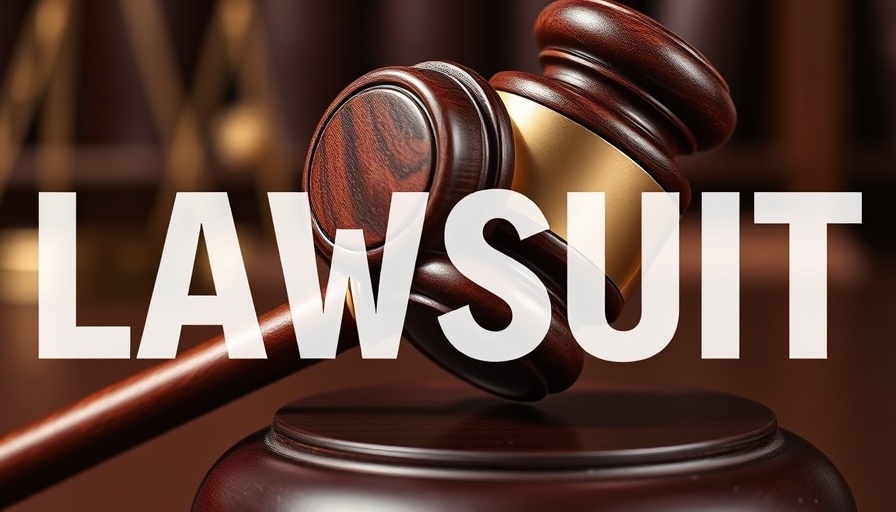
Georgia's New Law: A Step Towards Protecting Kids or Overreaching Control?
The state of Georgia has recently garnered national attention not only for its rich Southern culture but also for its decision to challenge the intersection of law and technology with the current legal landscape surrounding social media use among minors. On May 1, 2025, NetChoice, a prominent technology industry trade group representing giants like Meta, Google, and TikTok, filed a lawsuit against Georgia's “Protecting Georgia's Children on Social Media Act of 2024”. This act requires parental consent for children under 16 to use social media platforms, a move intended to safeguard young users but facing mounting scrutiny for potential violations of First Amendment rights.
The First Amendment Clash
NetChoice claims that the new law infringes upon the constitutional rights of free speech, arguing that by imposing restrictions on access to social media, Georgia is effectively muzzling young voices. This lawsuit positions Georgia as the eighth state to be challenged in court over similar parental consent laws. Advocates for this approach assert it is necessary given rising concerns about online safety, including exposure to inappropriate content and cyberbullying.
What’s at Stake for Georgia's Children?
The state contends that the law is a proactive measure aimed at protecting children from the myriad hazards that can arise in the expansive world of social media. Georgia officials hope that the act will lead to a safer digital environment, where parents can oversee their children’s online engagements. Critics, however, warn that such legislative measures could lead to overreach by the government into family matters and personal privacy.
Historical Context and Background
This clash over social media regulation is not unique to Georgia. Other states, including California and Utah, have also implemented various requirements or proposed similar parental consent laws aimed at youth engagement in social media. The trend reflects a broader national conversation around children’s safety online and the role of governmental oversight. In particular, the focus on parental consent feeds into larger societal debates about the responsibilities of tech companies perceived to be inadequately protecting minors.
Actionable Insights for Parents and Guardians
For parents navigating this new landscape, understanding the implications of such laws is paramount. Being informed helps guardians make educated decisions about their children’s online activities. Open dialogues around digital conduct, consent, and potential risks can empower children to engage mindfully and responsibly with social media platforms. As technology evolves, so too must parental engagement in leaning toward effective, safe social media practices.
Counterarguments and Diverse Perspectives
Advocates for the law argue for its necessity as a protective measure, while opponents highlight the implications for freedom and autonomy. Detractors fear that a blanket parental consent requirement might result in fewer opportunities for children to responsibly navigate social media on their own—a skill increasingly vital in today's digital-first world. Finding a balance between safety and personal freedom will continue to be a significant area of discussion among legislators and constituents.
Future Predictions: What's Next for Social Media Regulation?
As the legal challenges unfold, it is likely that more states will consider similar measures. The evolving dialogue around child safety, online privacy, and corporate responsibility will be crucial in shaping upcoming regulations. Mindful considerations for developing policies that prioritize both safety and civil liberties will be essential as lawmakers dissect the outcomes of these lawsuits.
Meanwhile, as this debate continues to escalate, it’s critical for the atmosphere surrounding tech legislation to remain rooted in collaboration, fostering an environment where technology can operate responsibly without compromising fundamental rights. Keeping the discourse centered around children’s rights, including their right to free expression, will define the trajectory of this essential conversation.
As we adapt to these shifts, consider how your approach to discussions surrounding social media can guide the next generation's understanding of digital citizenship.
Book Your Brand Voice Interview Now!
 Add Row
Add Row  Add
Add 




Write A Comment